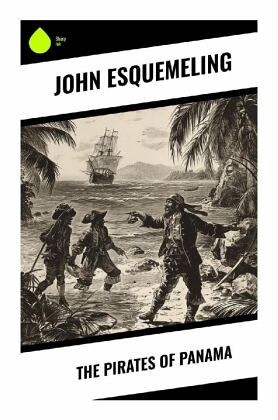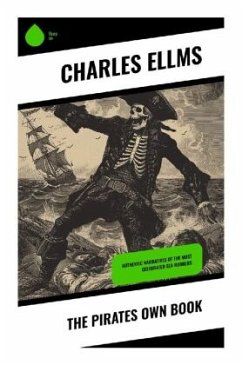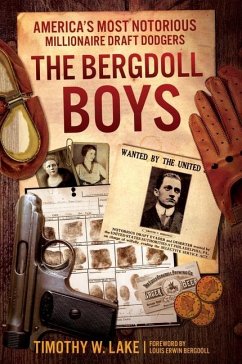
The Pirates of Panama
Versandkostenfrei!
Versandfertig in 6-10 Tagen
9,60 €
inkl. MwSt.
Weitere Ausgaben:

PAYBACK Punkte
0 °P sammeln!
In 'The Pirates of Panama,' John Esquemeling offers a gripping exploration of piracy during the late 17th century, vividly portraying the tumultuous lives of buccaneers and their audacious exploits in the Caribbean. Esquemeling employs a first-person narrative that combines adventure with historical realism, seamlessly intertwining detailed descriptions of maritime battles and treacherous coastal raids. This literary work serves as both an adventurous tale and a critical historical document, reflecting the socio-political climate of an era defined by colonial ambitions and maritime lawlessness...
In 'The Pirates of Panama,' John Esquemeling offers a gripping exploration of piracy during the late 17th century, vividly portraying the tumultuous lives of buccaneers and their audacious exploits in the Caribbean. Esquemeling employs a first-person narrative that combines adventure with historical realism, seamlessly intertwining detailed descriptions of maritime battles and treacherous coastal raids. This literary work serves as both an adventurous tale and a critical historical document, reflecting the socio-political climate of an era defined by colonial ambitions and maritime lawlessness, making it an essential read for enthusiasts of maritime history and adventure literature. Esquemeling, a former pirate himself and a keen observer of the seafaring life, writes with an authenticity that is rare in pirate literature. Born in the late 17th century and having sailed with notorious figures such as Henry Morgan, his experiences profoundly inform his narrative. His unique perspective as an insider provides readers with an invaluable glimpse into the motivations and struggles of pirates, as well as their complex interactions with colonial powers. I highly recommend 'The Pirates of Panama' to anyone interested in the history of piracy and the interplay of adventure and moral ambiguity. Esquemeling's skilled storytelling and insightful reflection on the human condition make this work a compelling read that transcends its historical context, appealing to both history buffs and literary enthusiasts alike.













